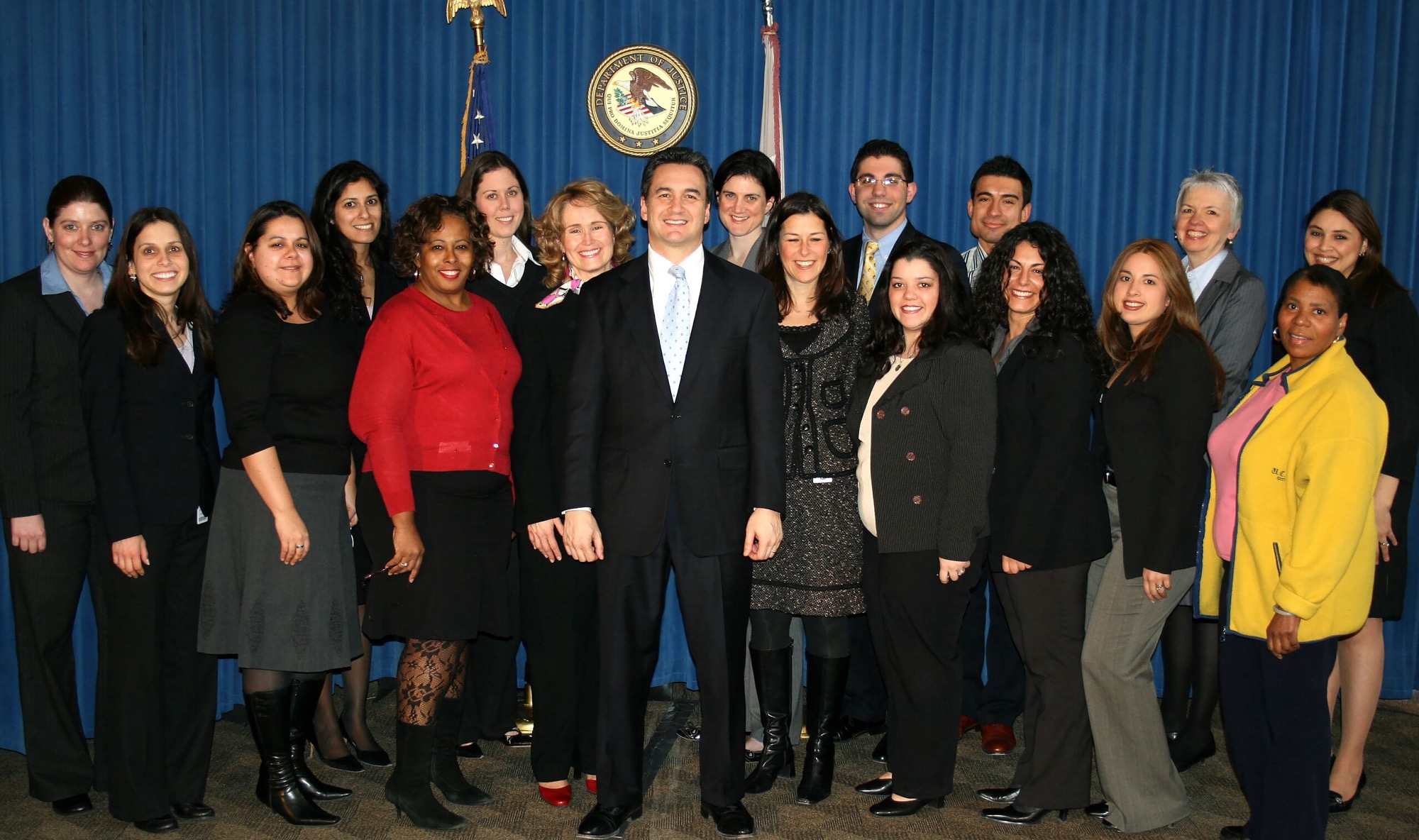Our resources thrust participants into the heart of real-world scenarios, from crisis management in the UK during the Covid-19 pandemic to cross-party education reform in Brazil.
Many of our resources are available on The Case Centre distribution platform. Educators who are registered with the site can access free review copies of our case studies, teaching notes, and other materials.
To inquire about our other cases or background materials, please contact us at casecentre@bsg.ox.ac.uk.
Berlin Brandenburg International Airport: A symbol of unity and growth?
In 1991, German officials announced plans to develop the Berlin Brandenburg International Airport (BBI), a new, large airport that would replace the three existing Berlin airports. Not only did officials believe that BBI could support air traffic growth, become an aviation hub, and revitalise the economy, but they also hoped it would represent a new chapter in Berlin’s history: one unified airport for the recently reunited city.
To achieve their vision, German officials established Berlin Brandenburg Flughafen (BBF) in 1991. The company, jointly owned by the German federal government and the states of Brandenburg and Berlin, was to oversee the planning, development and, eventually, operations of BBI. However, BBF struggled to make progress. Eventually in 1997, hoping to bring in much-needed expertise and capital, BBF decided to privatise. The first attempt at a tender was unsuccessful: just two consortia submitted final bids and the losing consortium sued BBF shortly after the result was announced. The courts ruled that the tender had violated procurement laws, cancelled BBF’s contract, and ordered the company to start the privatisation process again. Now in 2002, a second tender had resulted in just one bid, with a price considerably lower than BBF had anticipated and a number of contentious terms. Facing pressure to make headway with the new airport, BBF needed to decide quickly how to proceed.
- Identify key principles and challenges of major-project leadership and governance;
- Evaluate good and bad practices in forging public-private partnerships and in developing procurement strategies.
A model public-service organisation? The US Attorney’s Office for the Southern District of New York
Around the globe, red tape, budget cuts, and falling public trust eroded civil servants’ engagement with their work. Issues of low morale and disengagement not only cost governments billions in lost productivity and higher operational costs, but also provoked questions of how to build more effective public-service organisations, particularly as governments were setting up new agencies to tackle complex problems.
The United States Attorney’s Office for the Southern District of New York (SDNY) was one public organisation to have seemingly escaped the trends of disengagement. With its reputation for excellence and independence, the SDNY attracted top-tier talent despite relatively low pay, and earnt enduring adoration from its strong alumni network. Its high-calibre employees, who adhered to a deeply shared mission of ‘doing the right thing’, delivered long hours and achieved high success rates in trial. Many SDNY employees went on to secure elite positions in private firms before returning to the public sector.
Drawing on the observations and insights of several former SDNY prosecutors, this background note explores the maverick practices and norms contributing to the SDNY’s apparent success as a public-service organisation.
Co-authored by Radhika Kak.
- Articulate and justify the conception of a model public-service organisational culture;
- Develop a strategy for hiring and sustaining top talent within public organisations;
- Appreciate how to overcome barriers to cultural change within public-sector institutions.
Judicial review of executive action: Judge Rakoff and the SEC
Facing imminent collapse during the height of the financial crisis of 2008-09, investment bank Merrill Lynch received a second lease on life as it was acquired by Bank of America. The deal was reportedly encouraged by the US Treasury which sought to avoid major contagion of failing banks. Later it emerged that Bank of America had failed to disclose to its shareholders in advance of their approval vote of the $50 billion purchase that $5.8 billion was being earmarked for Merrill Lynch executive compensation.
In the wake of public outrage of bank bailouts and bank executive pay the US Securities and Exchange Commission (SEC) brought a formal complaint against Bank of America together with a pre-negotiated $33 million settlement agreement to the court of US federal judge Jed Rakoff for final approval. The US Supreme Court discouraged judges from second-guessing the executive branch of government in granting such approvals but Rakoff questioned whether the settlement amount was proportionate to the scale of the misrepresentation. Moreover, he considered whether justice was being served as Bank of America shareholders, who were the victims of the misrepresentation, were being asked to bear the settlement cost, over the managers who had overseen the acquisition. Rakoff pondered whether to reject the settlement agreement.
- Examine the concept and legitimacy of judicial review of executive action;
- Understand the incentives and responsibilities of different financial-market participants;
- Explore disenchantment with 'establishment' players through the lens of judiciary.




